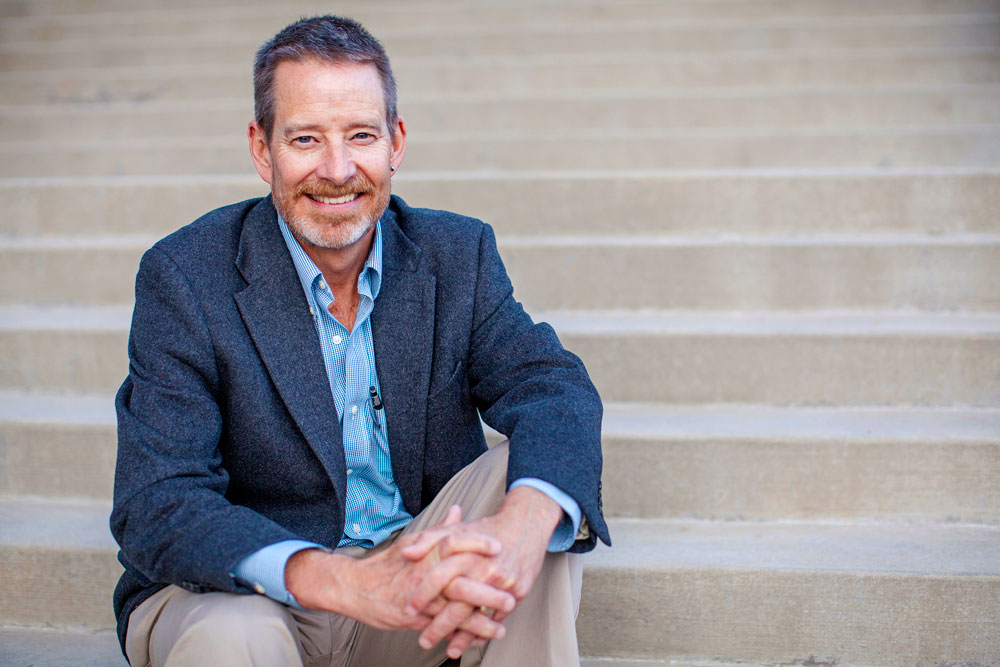
I am going to make a bold statement: “We have not recovered from the pandemic!!” Lately, I’ve been talking with many people about this idea. I’m surprised by how many resonate with the message. In regular disasters, there is...
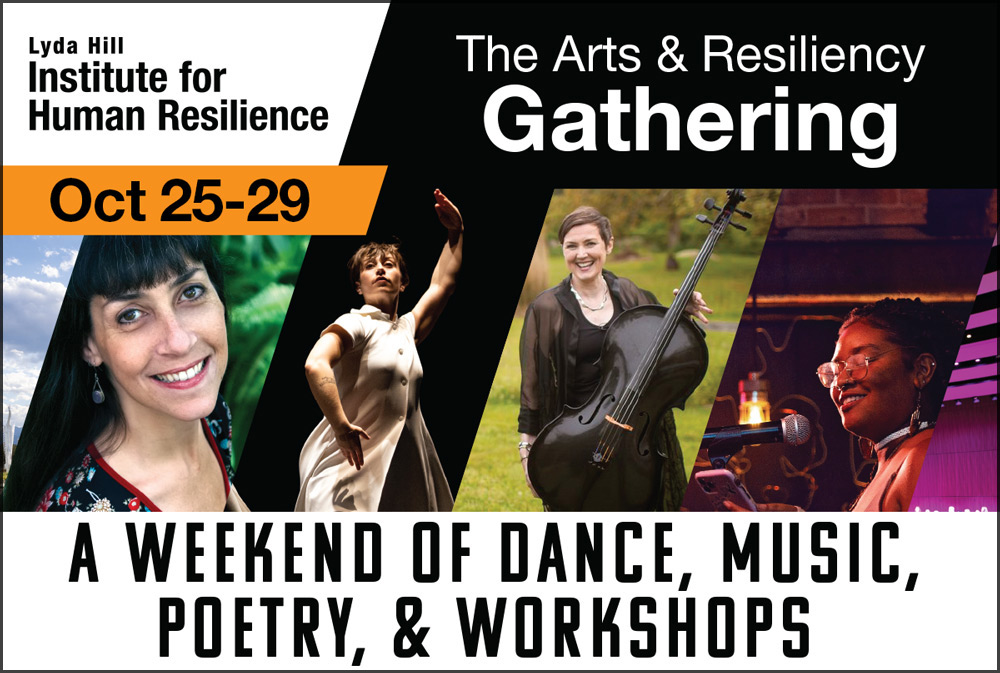
From October 25th through 29th, something truly remarkable is happening at UCCS. The Lyda Hill Institute for Human Resilience in collaboration with the Visual and Performing Arts department at UCCS and other...

In this edition of the Director’s Corner, I wanted to focus on the concept of resilience and posttraumatic growth following trauma. Over the centuries, writers have described the human ability to overcome extreme adversity, or to be...
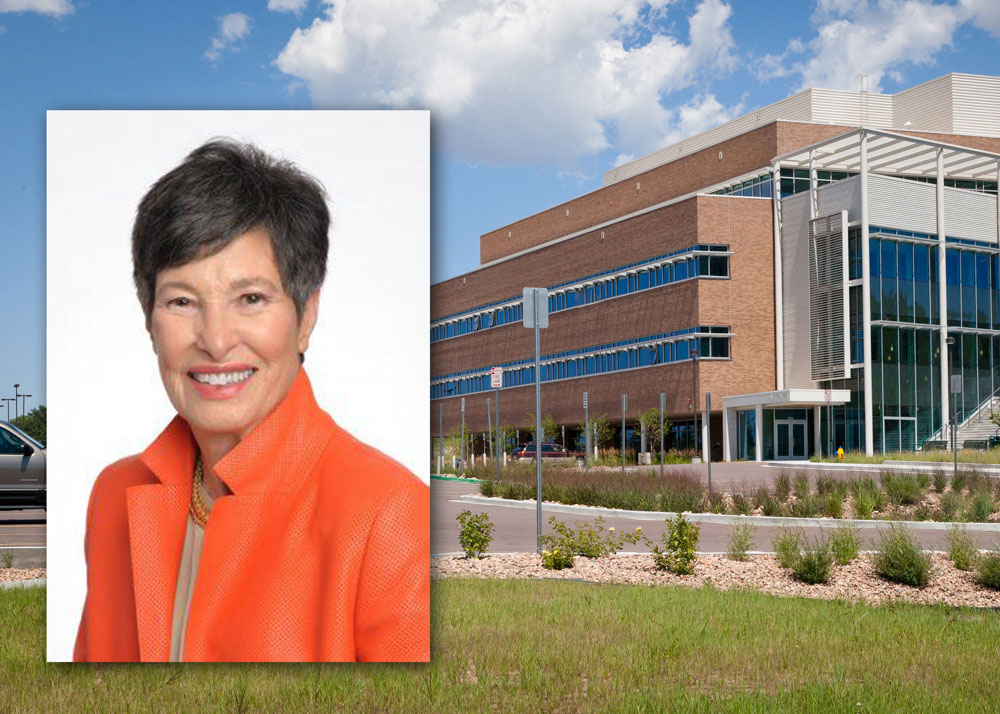
Lyda Hill, a true friend to Colorado and the City of Colorado Springs, was recently presented with the Spirit of the Springs Lifetime Achievement Award by Mayor John Suthers for her significant contributions to the area. Hill considers Colorado Springs her...
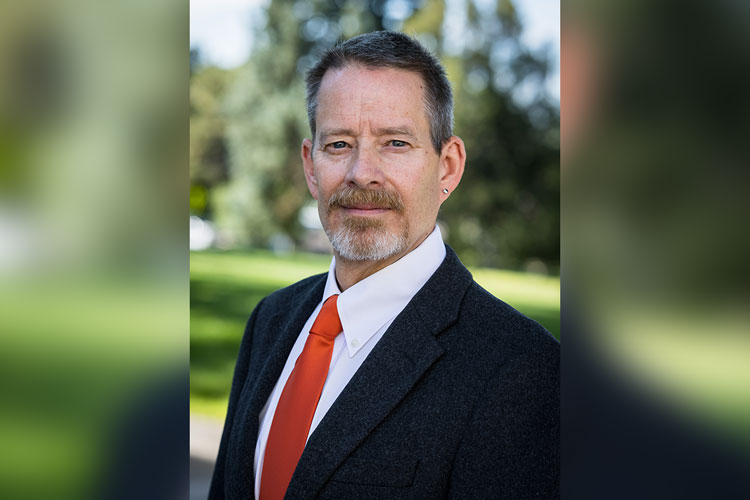
After a U.S. President declares a federal disaster, the impacted community must write a federal grant to the Substance Abuse and Mental Health Services Administration (SAMHSA) to receive funds and provide mental...
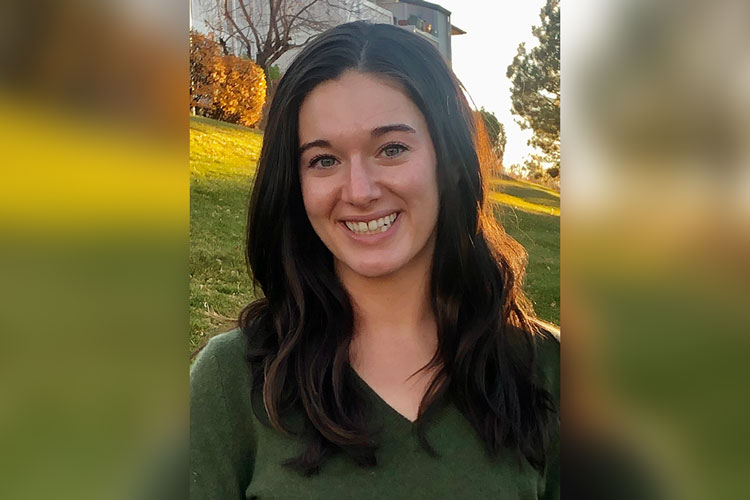
Sexual violence is a public health problem with a staggering prevalence and significant consequences. In the US, approximately 19% of women will experience a completed or attempted rape...

Faculty and student researchers affiliated with the Lyda Hill Institute for Human Resilience will present multiple projects at the International Society for Traumatic Stress Studies (ISTSS) 38th Annual Meeting. This year, researchers...
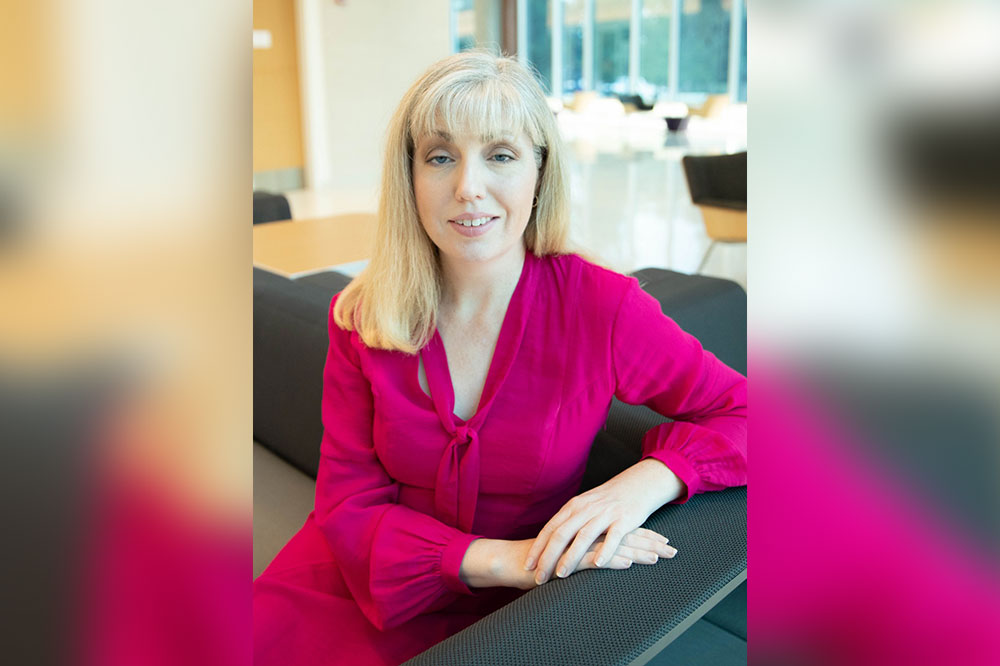
It likely will be several years before we can fully account for the mental health and social impacts of the COVID-19 pandemic on our lives. One understudied impact of the pandemic is the extent to which...

I recently read an article by Dr. Ibrahim Kira on systemic trauma which described a concept extremely important for my Director’s Corner piece. In the article, Kira discusses a range of...
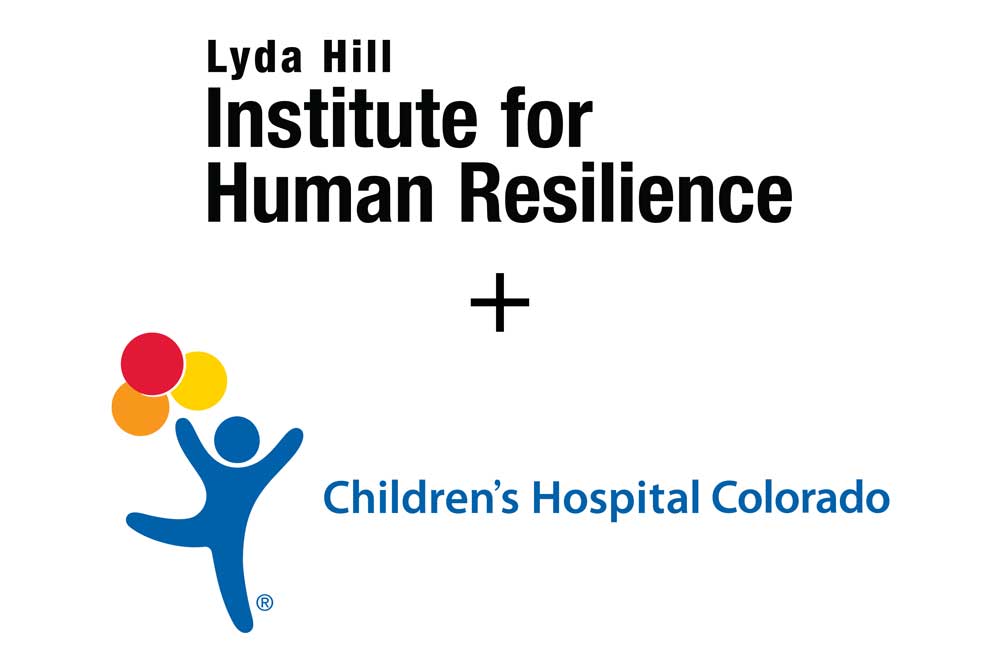
Dr. Heather Littleton, Director of Research Operations, and Dr. Bernard Ricca, Research Associate Professor, both from the Lyda Hill Institute for Human Resilience, along with graduate student Alex Stover, recently formed...